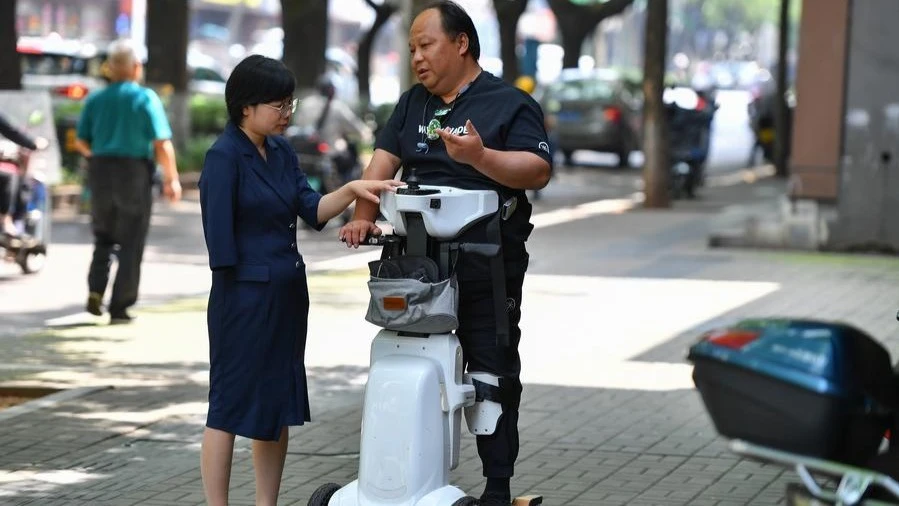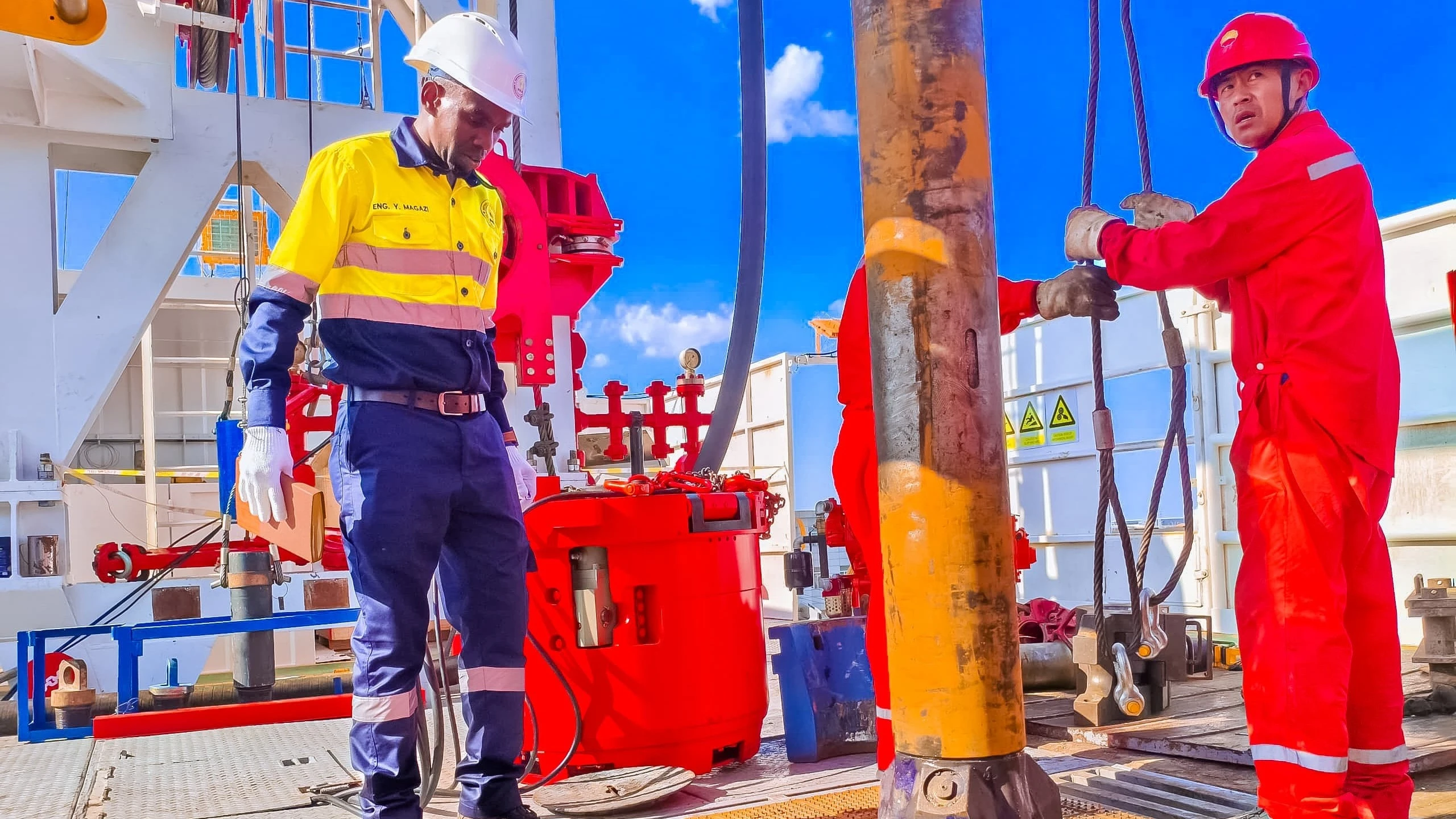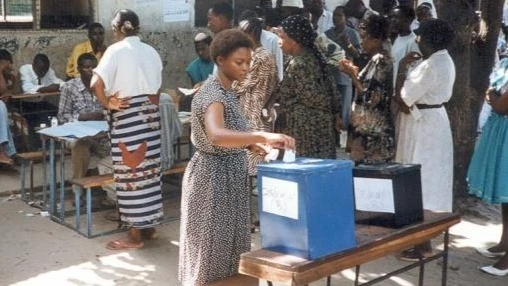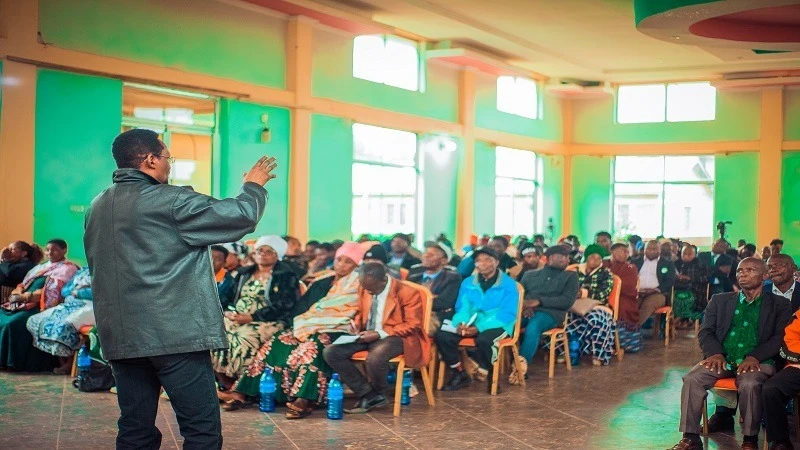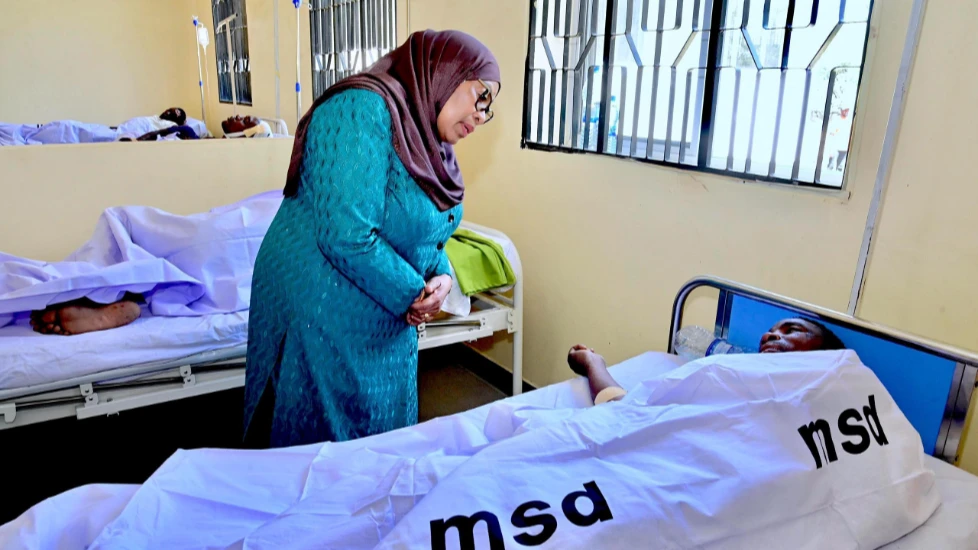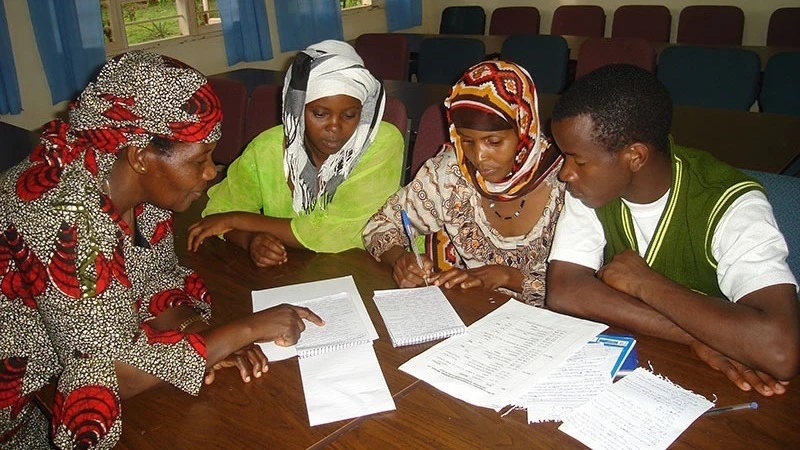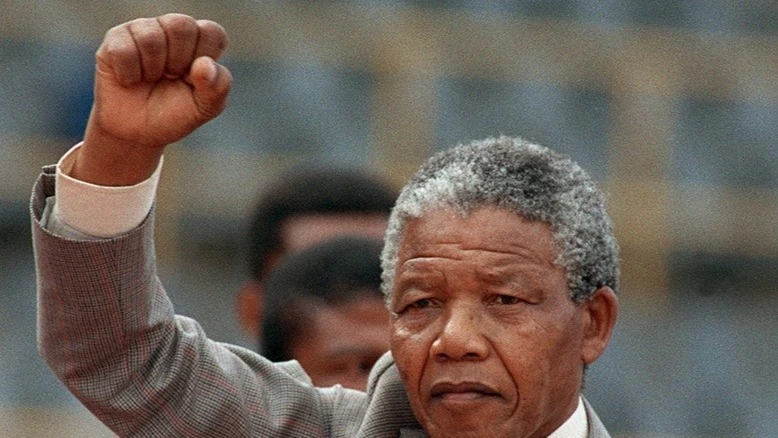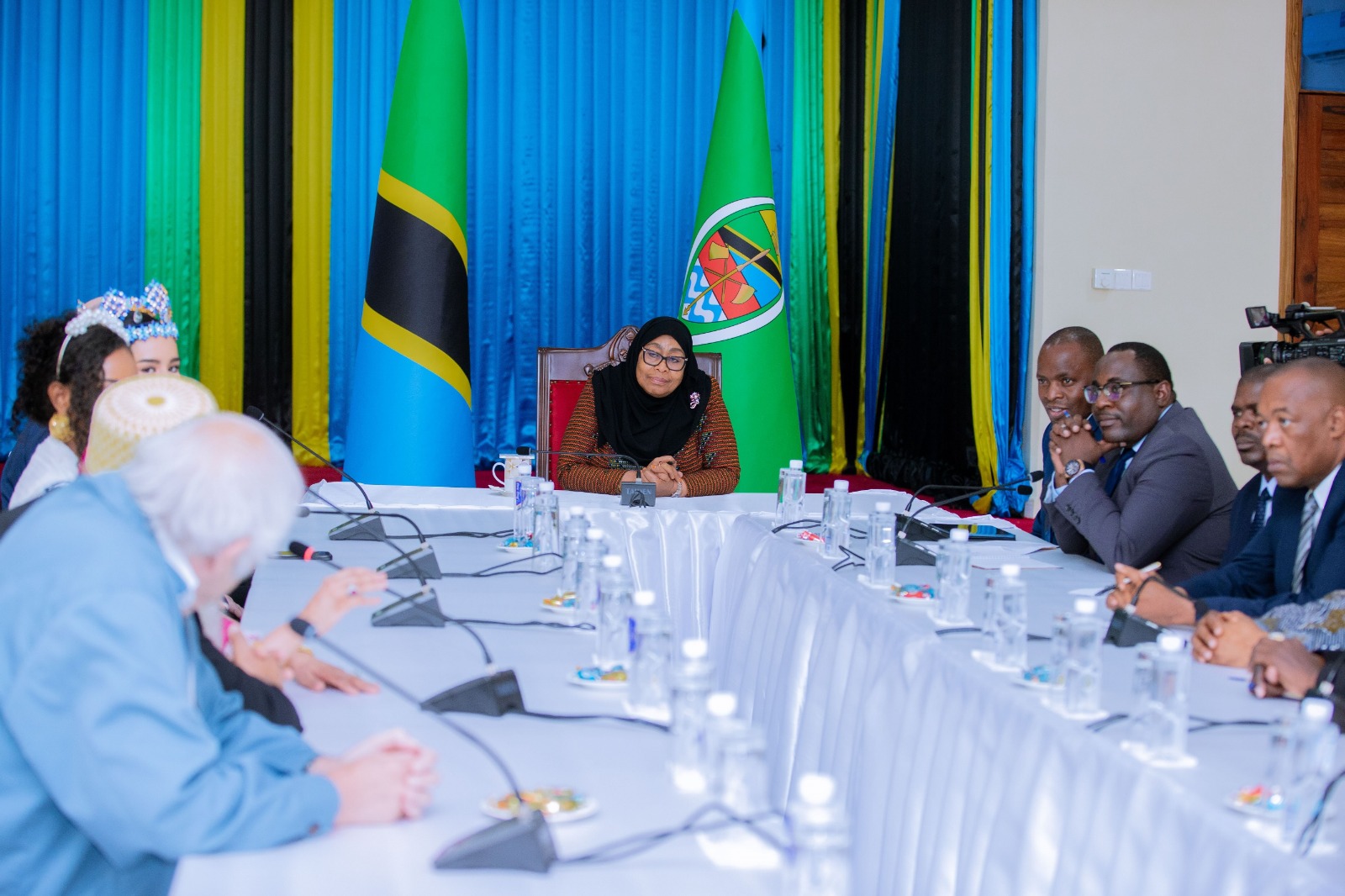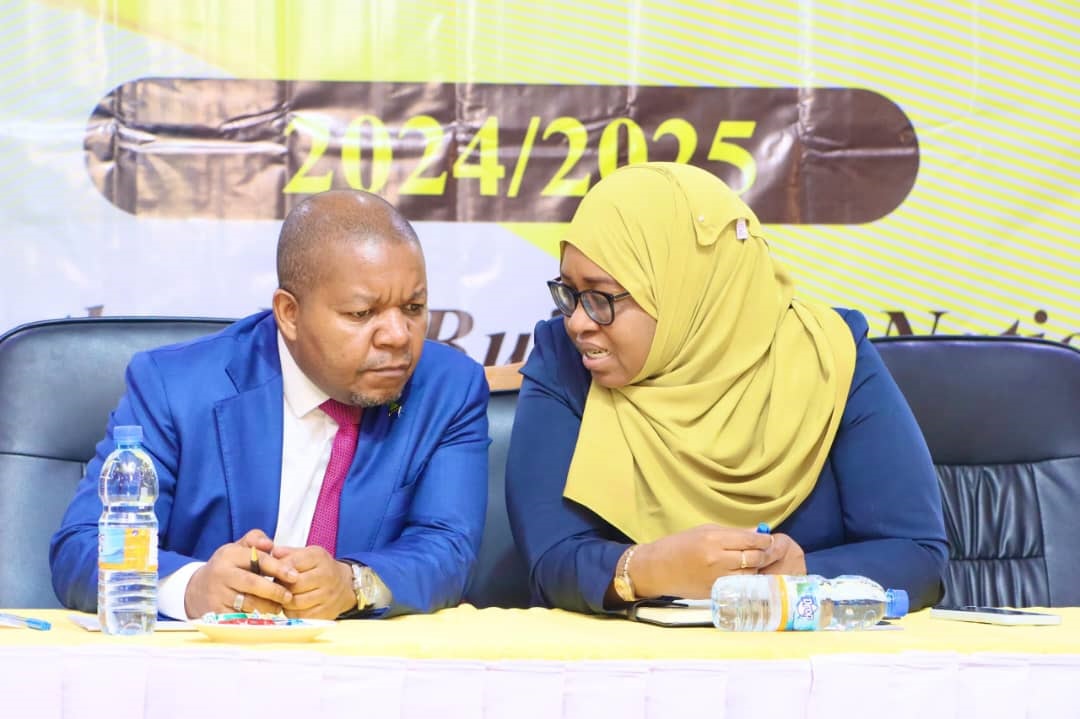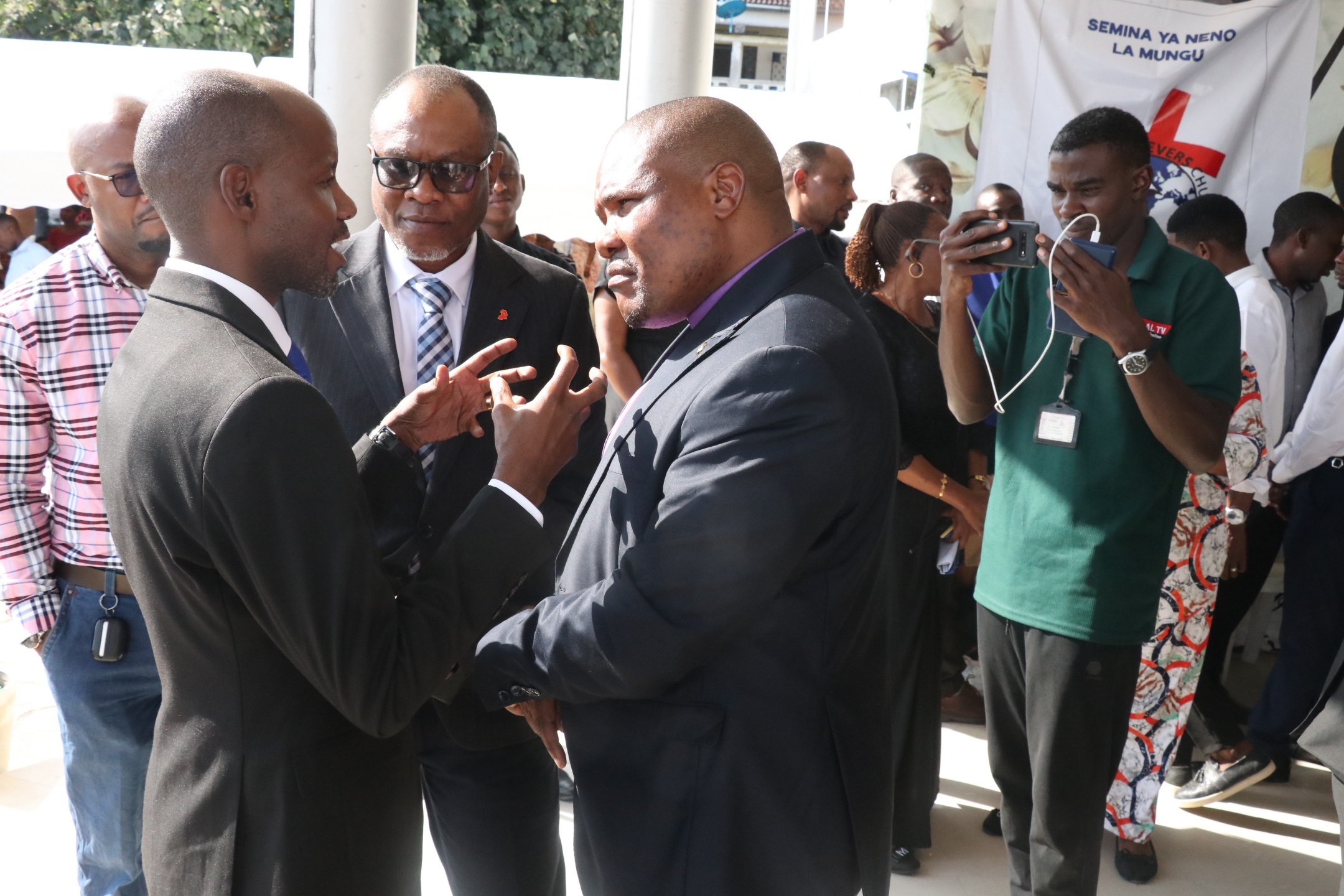Tanzania’s lifelong learning revival: Reclaiming the spirit of adult education in a digital world
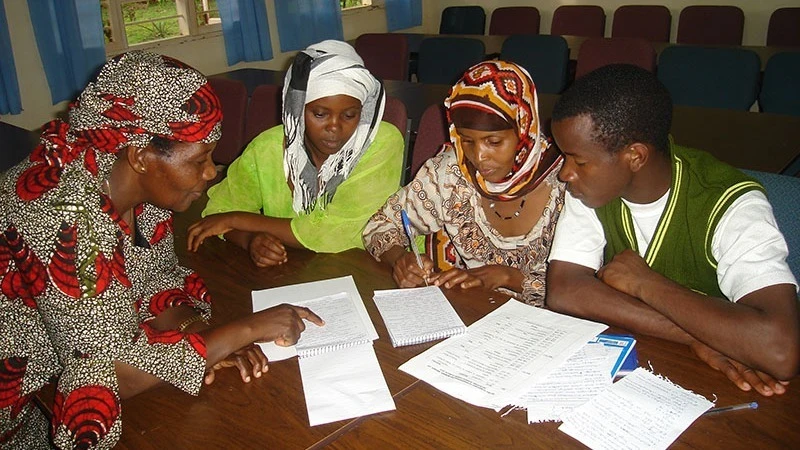
THIS August, as Tanzania’s Institute of Adult Education marks 50 years of transforming lives through learning, the celebration falls just ahead of International Literacy Week (September 1st–8th)—a global reminder that adult education is more than policy or classroom structure. In Tanzania, it has long been a lifeline.
Under Julius Nyerere’s bold vision in the 1970s, adult education wasn’t just rolled out—it was lived. Campaigns like “Health is Life” and “The Choice is Yours” weren’t slogans; they were part of daily conversations in villages, where reading meant understanding farming techniques, navigating health systems, or claiming basic rights.
That urgency hasn’t faded. It’s simply changed shape. Today, the classroom might be a smartphone or a WhatsApp group. The teacher might be a neighbor, a podcast, or a facilitator on community radio. Yet the goal remains the same—to empower people where they are, with what they need.
Adult education in Tanzania has always been more than instruction. It’s restoration. It’s about being seen, having a second chance, and rewriting futures. As the world commemorates this week, Tanzania’s story continues—with new tools, the same heart, and a quiet determination to keep learning.
Fast forward to the era of President Benjamin Mkapa in the late 1990s and early 2000s. Economic liberalization brought new opportunities—but also new disparities. The commitment to adult education was still present, but competing priorities in a reforming economy meant the sector started to fragment. Support dwindled in some areas, and infrastructure aged without replenishment. What once stood as a national pride began to dim, even as pockets of resilience fought to keep the spirit alive.
Today, under the leadership of President Samia Suluhu Hassan and steered by the Ministry of Education, Science and Technology, the flame is rekindling—but with a modern glow. The 2023 Adult Education Week, celebrated at Maili Moja in Kibaha, was more than a ceremonial event.
It was a clarion call from Minister Prof. Adolf Mkenda to reposition adult education as a national development pillar. He spoke of reforms—not just in sentiment, but in tangible strides: new curricula, redefined pathways like MEMKWA, IPOSA, and the Alternative Education Pathway (AEP). The message was clear—adult learning is no longer a second chance. It’s a legitimate and respected parallel path.
The numbers, though sobering, reflect the urgency. Tanzania’s national literacy rate stands at around 77.9 percent, but masks vast regional inequalities. In Mara Region, only 62 percent of adults are literate. In Tabora, the situation is more severe, with some districts reporting functional illiteracy rates above 40 percent, particularly among women and older adults.
In rural Mtwara and Lindi, the figures are stark. Schools may boast billboards— “So and So Primary School”, or “Adult Education Centre”—but behind the signage, structured adult programs are scarce, underfunded, or inconsistent. For many, the centres remain symbolic rather than functional.
Yet transformation is underway. The government has rolled out the National Qualification Framework, formally recognizing non-formal and adult education, and embracing skills gained outside traditional classrooms. It’s a move championed by Prof. Carolyne Nombo, the Permanent Secretary in the Ministry of Education, who insists that the future of Tanzanian education must be flexible, inclusive, and deeply rooted in lived experience.
The Institute of Adult Education (IAE), under the leadership of Prof. Michael Ngumbi, is already working toward this vision. In 2023 alone, 18,515 students enrolled in secondary-level open learning programs through regional centers. Programs like IPOSA reached 15,394 youths, providing them with practical and social skills to succeed in both rural and urban economies.
But what does all this mean on the ground? In Singida, Hadija Selemani speaks of how adult education helped her transition from informal vending to a formal cooperative business. She didn’t just learn arithmetic—she mastered budgeting. “I never imagined I’d run a business that pays for my children's school fees,” she says, smiling proudly.
In Arusha, Godfrey Chacha recounts how virtual learning during the COVID-19 pandemic changed his trajectory. “I worked days and studied at night using WhatsApp courses shared by a teacher in Tanga. That’s how I passed my secondary equivalency exam.”
Virtual learning has cracked open new possibilities for adult education in Tanzania. As smartphones become more common and mobile data more accessible, digital platforms are reshaping how, when, and where learning happens. Online programs in fields like veterinary science, investment, and medicine are now within reach for adults who may never enter a formal classroom.
NGOs like Distance Education for Africa are scaling these models regionally. As Sadick Traore, the organization’s founder, puts it: “Adult education in Africa must be democratized. Technology allows us to dismantle geography, class, and gender barriers—but only if governments match access with investment.”
Across the continent, some countries are pushing forward with determination. Rwanda has successfully integrated literacy with entrepreneurship training. Ghana has built a strong reputation with its community-based accelerated learning programs. Ethiopia has embedded adult education in its development agenda. Tanzania, once the continent’s pioneer, now hovers between legacy and opportunity.
At home, the government has poured 5.6bn/- from the SEQUIP project into building and rehabilitating classrooms, especially for girls returning to school after pregnancy. These buildings offer more than walls and roofs; they restore dignity. “Education gave me a second name in the community,” says Rehema Mwampashi from Mbeya, now enrolled in a tailoring program that merges literacy and vocation.
But the road isn’t smooth. Trained facilitators are rare. Adult education professionals remain largely unrecognized by national employment policies. Lifelong learning is often still seen as a luxury or an afterthought. As Abdul Maulid, Director of Basic Education, noted during a national symposium in March 2024: “This isn’t just an ideal. It’s a survival tool. We must build a learning system that fits the pace of real life.”
That symposium, opened by Education Minister Prof. Carolyne Nombo, became more than a policy review. It was a reckoning. Voices like Prof. Issa Shivji, Prof. Eustella Bhalalusesa, and Prof. Palamagamba Kabudi echoed a shared call: adult education must go beyond basic literacy. It must prepare citizens for civic engagement, technological change, and economic resilience.
Still, perception lags. In some communities, adult education is misunderstood, even dismissed. A 2023 survey by the Institute of Adult Education revealed that 42% of rural respondents couldn’t distinguish adult education from remedial classes. In too many places, a stigma lingers.
Meanwhile, the public message seems loud and proud. Billboards in Dar es Salaam, Moshi, and Bukoba scream, “Education is the Key.” Yet just behind those signs, many adult centers sit idle by sunset. One center in Morogoro boasts a brightly painted sign but hasn’t hosted a class in weeks.
And yet, people continue to learn under trees, through WhatsApp groups, community radios, and agricultural cooperatives. Education flows where the will exists, even when infrastructure lags. “I never imagined I’d read a bank form by myself,” says Shaaban Mbogho from Tanga, who now teaches peers after learning basic literacy at 48. “Now, I help others. It’s not just about me anymore.”
As International Adult Education Week draws near this September, Tanzania faces a test of intention. The frameworks are there. The international partners—UNESCO, DVV International—remain engaged. But the promises must match the practice. Adult education can’t be just a line in the budget or a slogan in a speech. It has to reach the woman in Mpanda, the fisherman in Kilwa, the tailor in Manyara—not in theory, but in lived reality.
Ngumbaru, once scrawled on chalkboards in village huts, is now typed into apps and streamed via radio. The essence is the same: a belief that learning doesn’t end at childhood. In that belief, Tanzania’s adult learners aren’t lagging. They’re leading, one lesson at a time.
Top Headlines
© 2025 IPPMEDIA.COM. ALL RIGHTS RESERVED












